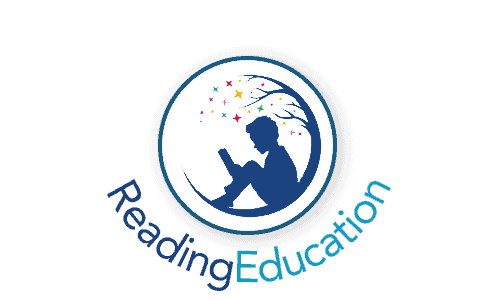Learning to read isn’t merely about reading books. For a child to fully grasp and absorb all facets of learning – reading included – it is vital to develop their ever-growing, sponge-like brains using a vast array of activities, tasks, and games, designed to help their grey matter work more efficiently, and, therefore, more effectively. In short, boosting their overall development is the quickest way to boost reading skills. So, in today’s article, we’re going to furnish you with five fun activities you and your eight-year-old can do together to get their highly-receptive neurons firing on all cylinders.
Six Activities To Boost Reading Skills and Development in Eight-Year-Olds
At this stage of their learning development, your child will be typically be reading completely independently and for a varied range of purposes. However, it is still important to encourage games and activities at home to complement what they’re learning at school and facilitate further development. Children absolutely adore playing games, so setting aside time for such activities is win-win for all involved – your child gets extra time to learn; you get to spend quality time with your child, and you both get to have oodles of fun! It’s the perfect scenario.
#1 – Word Games
By the age of eight, your child’s vocabulary will be expanding rapidly; therefore, playing games and inducing in activities that further broaden their repertoire is a wise move! Playing word games, making up riddles/making up your own version of riddles and poems, and encouraging them to read books slightly above their learning age (as a well as newspapers, magazines etc.) will all contribute to widening their knowledge and understanding of language.
#2 – Board Games
We all know how much fun board games can be, but they’re also really educational, meaning they’re a fantastic tool for furthering your child’s development. Games such as Junior Trivial Pursuit requires lots of reading and will help to develop general knowledge; Cluedo will encourage your child to sharpen their powers of deduction to solve a crime, and classic games such as Mastermind are exceptionally useful for fostering logical thinking and puzzle-solving.
# 3 – Technology Games
Although screen time should be limited, the use of technology shouldn’t be viewed in the same manner. Using technology is part and parcel of today’s world; therefore, it’s essential to verse your child in how to use technology not only for educational purposes but also how it can help them in life. Brain Training games have risen to prominence over the last several years – and for good reason: they really do work. Brain training will not only help boost reading skills but also help your child develop a myriad of other important skills. But don’t stop there; use the World Wide Web to find puzzle-solving and code-cracking games, as well as escape rooms and games of that nature.
#4 – ‘Everyday Life’ Games
We learnt to read to ensure we can function in everyday, ordinary life; therefore, it’s crucial to get your child into the habit of interacting with the written world around them. Given that the world around is full of words and numbers, this is very easily achieved. Encourage your child to keep a diary and take responsibility for planning activities and events, including parties and such tasks as making a list of who to invite, writing ideas for themes and food choices, and even help to create the invitations. Magnetic and cork pinboards are a great tool for helping your child to become organised, as well as giving them an area to showcase any awards they’ve won or postcards and letters they’ve received.
#5 – Maths Games
Increasing your child’s skills in other areas of learning will help to boost their confidence, which will directly translate to how confident they feel when learning in general – including when learning to read. Many children often struggle with maths, so introducing games and activities to progress their understanding of numbers is a fantastic way to boost confidence.
#6 – Cooking
Cooking with your little one is a superb way to combine reading and maths practise all in one. Ask them to read the recipe, tell you how much of certain ingredients you need, count out certain ingredients – even get them involved in the cooking process. The more fun and enjoyable it is, the more beneficial it will be! Plus, you get a delicious treat to enjoy at the end of it!

